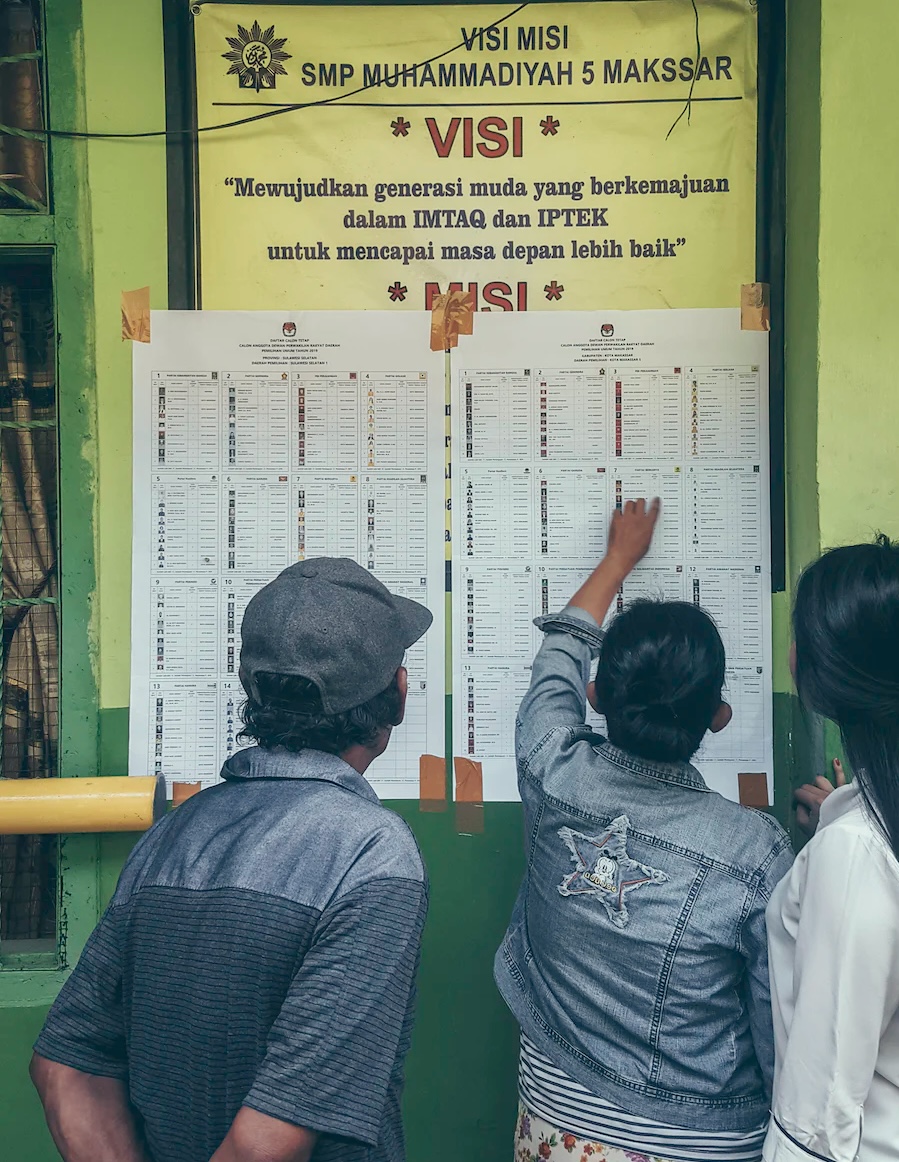Scores of former corruption convicts are running for office in next year’s elections
The campaign to clean up political parties is a failure, “empty words” according to an anti-corruption activist. Dozens of people who spent time in prison for economic and financial offences are on party lists. This has sparked anger and protests among voters. For experts, the prospect of a low turnout is real.
Jakarta (AsiaNews) – In Indonesia as much as in the rest of the world, fame, status, and money are the traits to run for office as parties pick candidates for next year’s presidential, parliamentary, and local elections.
These keys appear to be decisive in captivating voters, drawn to "charismatic" figures or "strong" characters. Yet, some choices have not gone down well with the public, resulting in protests after "scores of former inmates" might go from a bunk in prison to a seat in parliament.
At the heart of the controversy is the presence of dozens of former prisoners, usually convicted for corruption, running for the House of Representatives (lower house of parliament) as well as local councils (provinces, regencies, municipalities).
Recent reports suggest that 52 such candidates have registered for various tickets with the General Election Commission (KPU) in parliamentary elections while another 16 are running in local elections.
“At least 15 former convicts involved in corruption scandals are on the KPU list," reads a statement released today by Indonesian Corruption Watch (ICW), in almost every political party, both nationalist and Islamist.
For the country, “This represents a serious setback” because, in the past, in 2019 for example, the KPU had made public the names of candidates convicted for economic and financial offences.
This year though, the KPU has not named any former convicts, which "will only reduce voter turnout further,” the ICW bemoans.
Out of 18 parties running in next year's elections, only four will not present ex-convicts, namely the Indonesian People's Wave Party (GELORA), the Indonesian Solidarity Party (PSI), the Nusantara Awakening Party (PKN), and the Crescent Star Party (PBB).
In contrast, the Party of Functional Groups (GOLKAR) has the most with nine, followed by the National Awakening Party (PKB) and the People's Conscience Party (HANURA) with six, while the National Mandate Party (PAN) and the Democratic Party (PD) have four.
Speaking to AsiaNews, Lucius Karus, a former member of the Indonesian Parliament Community Watchdog Forum (FORMAPPI), said that the KPU’s shocking decision means that the elections will not be "clean and credible, nor will the elected assemblies.
"It is really impossible to achieve this goal in the next elections" because too many parties have not taken any serious action against internal corruption.
“This says a lot about the level of effectiveness and credibility of the anti-corruption campaign in political parties, which turns out to be just empty words.”
In the 2019 elections, only the PSI (out of 16 parties) did not present a former convict for office. The result? The PSI was also the only party that failed to elect a single candidate.







.png)










